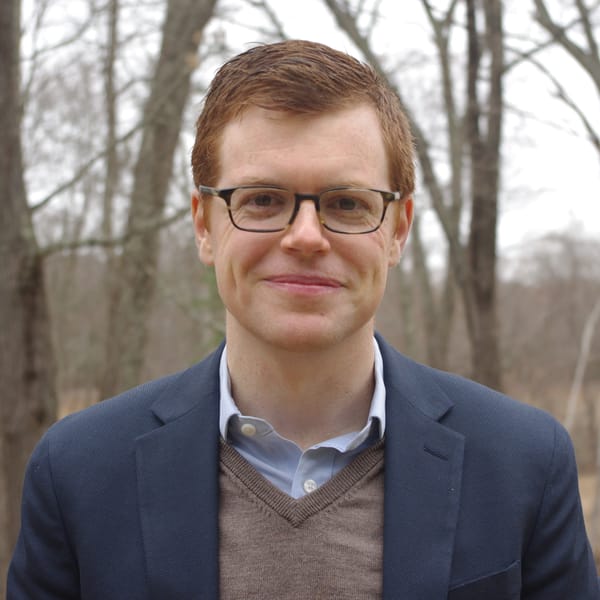Question 1: What technologies are you working with, or have you worked with?
I study how others work with technology. My past work has looked at how blue-collar and frontline workers interact with automated machines in factories, as well as automation software in offices. I’m most interested in how workers adapt when there’s a new technology that promises to change the way they work. There’s a long history of new technologies aiming to make certain tasks more productive while also commodifying treasured skills. There’s a tension between the power of a new tool like a robot to make someone’s job easier, but also to take some of the ownership and perhaps some of the pride out of it. Did the craftsperson really *make* the piece if a robot loaded it and the computer numerically controlled (CNC) mill cut it and a coordinate measurement machine (CMM) measured it for quality? The role of the human is vastly different than if they had made the piece by hand.
Question 2: How do you take account of MIT’s obligation to pursue the public interest in the work that you do?
I’m not always able to see a clear “public interest” in the fields I study. For robots in manufacturing, for example, there are several sets of competing interests: consumers are interested in reliable supplies of safe, high-quality goods at affordable prices (robots can affect price and quality); workers are interested in a safe work environment with enjoyable jobs and high wages (robots can affect wages and safety); employers are interested in markets that reward risk-taking with profits (robot adoption has been associated with competitiveness). There are “public” dimensions to each of these. There might be a public interest in consumer safety that can only be achieved if production environments are able to uphold high quality standards (using advanced technologies). The public interest might also value innovation, which is more likely to happen when entrepreneurs operate in markets that reward technology investments.
Question 3: What more could you and others do to help MIT meet its social obligation to pursue Public Interest Technology?
My colleague Julie Shah and I have written about “positive-sum automation” where we outline an approach to technology that serves the interest of employers and workers. I think there’s an extension of that idea that refers to technology implemented at the intersection of consumer, worker, and employer interests. Back to the robotic automation example, I’m not sure that all manufacturers will be able to identify automation opportunities that are good for consumers, workers, and the bottom line. In some cases, the opportunities might lead to profit for employers without consumers or workers seeing much difference. At MIT, I think our goal should be to identify how technology can serve the interests of these various groups – and persuade organizations making investments in new technologies that pushing toward a “positive-sum” approach is beneficial for them.
Ben Armstrong is the Executive Director and a Research Scientist at MIT’s Industrial Performance Center. His research and teaching examine how workers, firms, and regions adapt to technological change. In his work, Ben has collaborated with governments, non-profit organizations, and firms to understand how scholarship and education can be useful to practitioners and policymakers.
Previously, Ben was a Research Fellow and Postdoctoral Research Associate at Brown University, where he studied how workers, policymakers, and the public think about automation and taught courses on technology, public policy, and capitalism. He worked with the Provost to spearhead the Brown and the Innovation Economy initiative, which developed a strategy for the university to contribute to good job growth in the region, and a faculty colloquium on the future of work. In partnership with the State of Rhode Island and others, he studied the longest autonomous vehicle public transit route in the United States to date.
Ben completed his undergraduate degree at Northwestern University and his PhD at MIT, where he received the Lucian Pye Award for Outstanding Political Science PhD Dissertation. Before graduate school, he helped lead an open-source hardware non-profit and worked at Google Inc.

